(from Brussels) He chaired the Commission of Bishops’ Conferences of the European Community – COMECE – for six years. In the next few days Cardinal Reinhard Marx, archbishop of Munich and Freising, President of the German Bishops’ Conference, will be in Brussels, where today the EU bishops will elect a new President. The Cardinal has been the protagonist of a European season rich in novelties and challenges, blown by the “wind” of Pope Francis, who never stopped believing in Europe – despite the Brexit vote and the growth of populist and anti-European political parties. In fact the Pope devoted to European institutions one of his first visits, in Strasbourg (2014); to Europe he addressed five speeches and for two times European leaders were his guests in the Vatican – upon the 60th anniversary of the Treaties of Rome and on the occasion of the meeting on “Re-thinking Europe”, in the Synod Hall. SIR interviewed the Cardinal and retraced the past six years lived at the heart of the EU.
Six years as President. What were the most significant moments? There have been many. But I think that the meeting in the Sistine Chapel on the occasion of the 60th anniversary of the Treaties of Rome will remain an indelible image: seeing the heads of State with the Pope against the backdrop of Michelangelo’s Last Judgement was an exceptional event that inspired my commitment for Europe.
In what way? It was an inspiration to move ahead. In fact the Last Judgement is not a threat, nor is it something negative. It’s an invitation to shoulder our own responsibilities and an exhortation to move forward.
Christ comes towards us from the future, not from the past.
What would you describe as the most critical moment? I feel sad when I see that the importance of the European Union in terms of progress and peace is not recognized, even by some members of the Church. The EU was created because the nations decided to work together as a result of their free choice and with no obligation. The decided to be united, to work together, to cooperate for peace, to give a contribution for a better world– as Jean Monnet said.
I had imagined you would identify the Brexit vote – the referendum that caused the exit of the UK from the European Union – as the most critical moment. Indeed, the referendum was a result of the fact that many British citizens were no longer able to see the European Union as a driver of progress in their lives. It’s sad to acknowledge, but it was a free choice. It is evident that the European Union failed to create awareness of its political and economic efforts. This is an important reason to move forward in the future.
What does it signal? Not all Regions in Europe have the same experience of progress or the same idea of participation. This is a major challenge for the future, everyone must have equal opportunities of future and progress.
Inequalities represent one of the reasons underlying populist parties’ success today.
One of the major challenges in Europe is the growth of populist movements. Political parties that support populist claims won last Sunday’s Italian elections. What do you think about it? It’s a challenge that all of Europe is faced with. There are many reasons for this. However, it is of fundamental importance for the European Union to be an opportunity for everyone, prompting growth in people’s daily life. In fact the financial crisis is one of the reasons underlying the success of populisms.
Populisms ride the wave of the migration crisis. Political parties win by focusing the debate on migration. The migration crisis is one of the aspects, but I don’t see it as a cause. We experienced populisms long before this crisis. If they win by focusing the debate on migrants I think it’s because it’s easy to simplify political discourse by focusing on migrations. In the past ten years the debate was increasingly negative, laden with hate, impacted by distorted news. We heard speeches that foment tensions instead of ebbing them out.
The migration crisis tends to catalyze voters’ attention. It entails identifying a scapegoat and simplifying extremely complex problems in one catalysing point. This is populism.
If this is the context, what is the role of the Church in Europe? It should be a space for dialogue, where we examine the foundations of our life and of our togetherness. The foundations are those found in the Gospel, but they are valid for everyone not only for Christians, for they affirm that every human being was created in God’s image and likeness and thus we are all equal, we have the same dignity. This is equally true for those arriving as refugees in our lands and for those living in the European Union. As for nationalisms, saying that a Nation is superior to another is wrong. It’s not Catholic. The mission of the Church, especially here in Europe, is to bring people together and show that it is possible to live together in diversity. Our meeting in Rome – (Re)thinking Europe – in some ways represented a model of what the Church can be and can do in Europe. We don’t have the answers to all political questions but we can say: let us discuss it together. We can find ways to dialogue, but in order to do so we must be open to others, and not only interested in “My Country, first”.
Europeans are afraid. Otherness is seen as a threat, not as an opportunity. Fear, and, most of all, mistrust. As Christians we believe that these are feelings inspired by the devil, by evil. To me it’s clear, because the devil doesn’t want people to be united, to be in communion with one another . He works to divide. That is why I say that the Church must be a sign of hope. “Don’t be afraid.” I was a young seminarian when John Paul II spoke those words at the beginning of his Pontificate. Don’t be afraid, open wide your doors to Christ. Those words ushered in one of the greatest revolutions in modern history.
You are a member of the Council of Cardinals appointed by Pope Francis. What does the Pope say about Europe? After his election we didn’t know if this Pope wished to travel, but as COMECE we invited him to visit the European Union: please, we told him, come to visit the European institutions. I asked him on two occasions. He then decided to go to Strasbourg. At the airport, before returning, he said: it was your idea! His speeches were all inspiring, and European leaders need to listen to words of encouragement. The Pope sees all the critical aspects of this moment in history but he encourages us to move forward, to see the opportunities and not only the risks.
It’s an invitation to have faith in the European peoples’ ability to live together and work for the good of the population.
Which word will you pass down to the new COMECE President?
Courage and hope .














